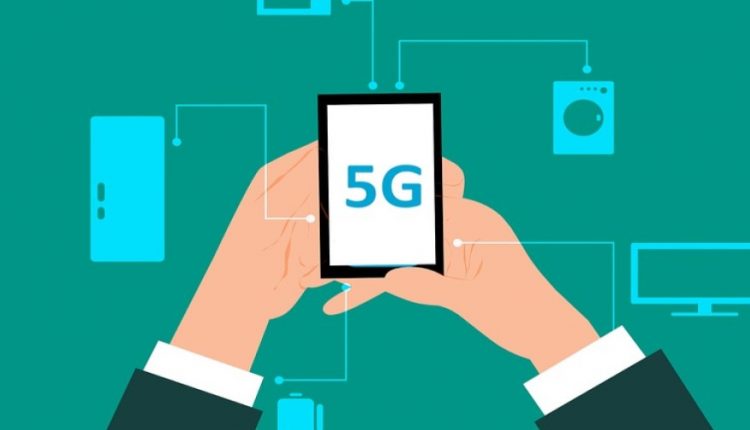5G Networks to Unlock $4.3 Trillion in Economic Value and Drive Advances
By Ruth Seeley
Growing technologies like artificial intelligence, smart machines, sensors, the IoT and the IIoT are poised to drive advances in environmental, human health, financial services, transportation and social issues. But first telecoms need to come up with the cash to invest in next-generation 5G. A new report from KPMG International predicts the speed and power of 5G will unlock some $4.3 trillion in economic value across the globe.
Today’s 4G networks are not fast or responsive enough to harness the full power of these new technologies, and that limits organizational ability to leverage their true value.
“5G will amplify these technologies and allow them to interact in a way that will revolutionize the way we live, work, and connect with our environment,” says Alex Holt, Global Leader for KPMG’s Communications & Media sector practice. “These won’t just be incremental changes. The power and speed of these tools will drive meaningful advances,” he said.
A 5G network will carry 10,000 times the traffic of today’s 4G networks at 20 times the speed with only one-millisecond latency. “The emergence of 5G, with its surge in data transfer rates relative to 4G, is analogous to upgrading from a water fountain to a fire hose,” adds Holt. “Significantly reduced latency will catapult us beyond current technological limits and enable unprecedented connectivity between people, organizations, and intelligent connected devices.”
He notes that while it will be the telecom companies that fund the 5G upgrades, the real benefits will be seen by organizations that can strategically leverage the new ability to hyper-connect all aspects of their businesses and partner with other technology companies. This includes:
Intelligent communities
* Municipal assets, systems, and infrastructure will be connected like never before, setting the foundation for next-gen monitoring, advanced data-sharing, and the ability to generate insights that will inform smarter, cleaner, and user-centric city planning.
Connected vehicles
* Hyper-connectivity will link key vehicle components (e.g. GPS, sensors, onboard computers, etc.) in ways that will enhance passenger safety, travel efficiency, and interactions with other vehicles and “smart” infrastructure. Further down the road, advancements in computer vision and automated technologies will make self-driving cars safer, more accurate, and more reliable. Mainstream use of semi-or-full autonomous driving will create more need for mobile data streaming and communications in vehicles.
eHealth
* The advancement of AI and mobile technologies will give individuals greater control and access to healthcare services, while insights generated from real-time biometrics will assist healthcare practitioners in delivering more personalized, proactive, and on-demand care.
Intelligent agriculture
* The confluence of machine learning, automation, and 5G connectivity will enable the food producers of the future to grow at unprecedented volumes, in more ideal environments, and with higher yields.
“While we can see some of the ways 5G will reshape industries such as transportation, many of the benefits remain to be discovered,” adds Dan Wilson, National Technology Sector Lead, KPMG in Canada. “Many were caught off guard underestimating how significant previous 3G/4G network deployments would be on the way we consume media content and how broadband speeds would impact certain other sectors.”
Source: KMPG

